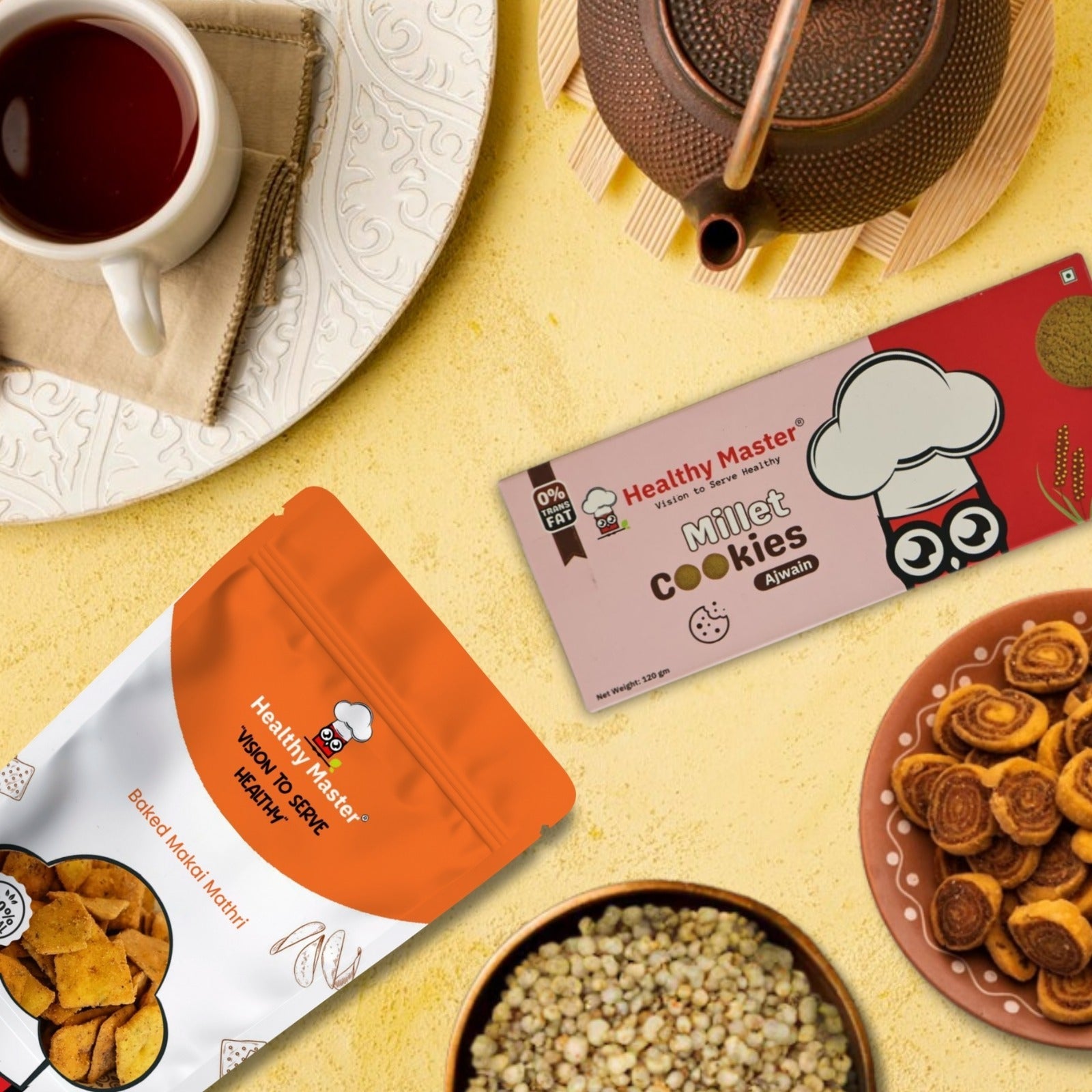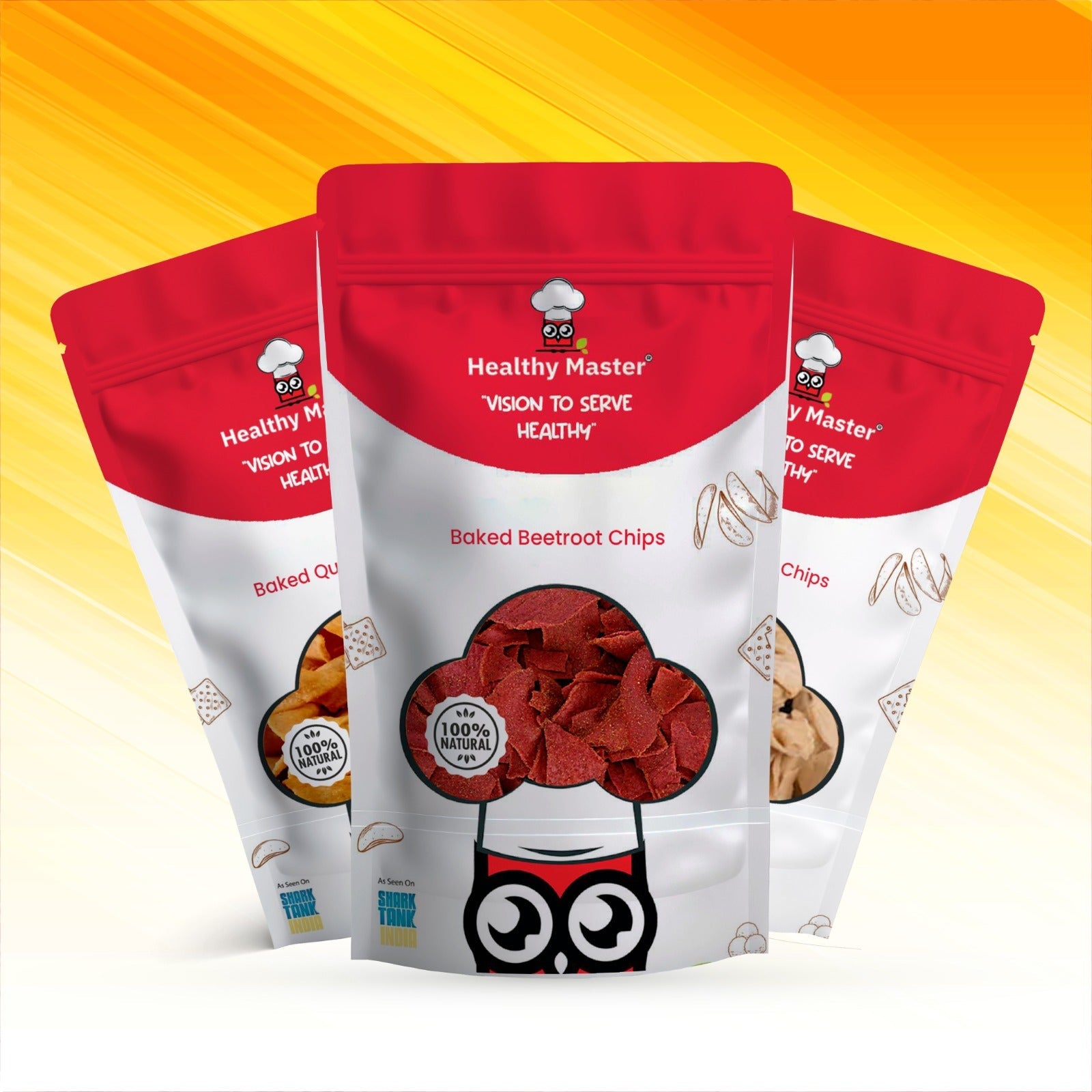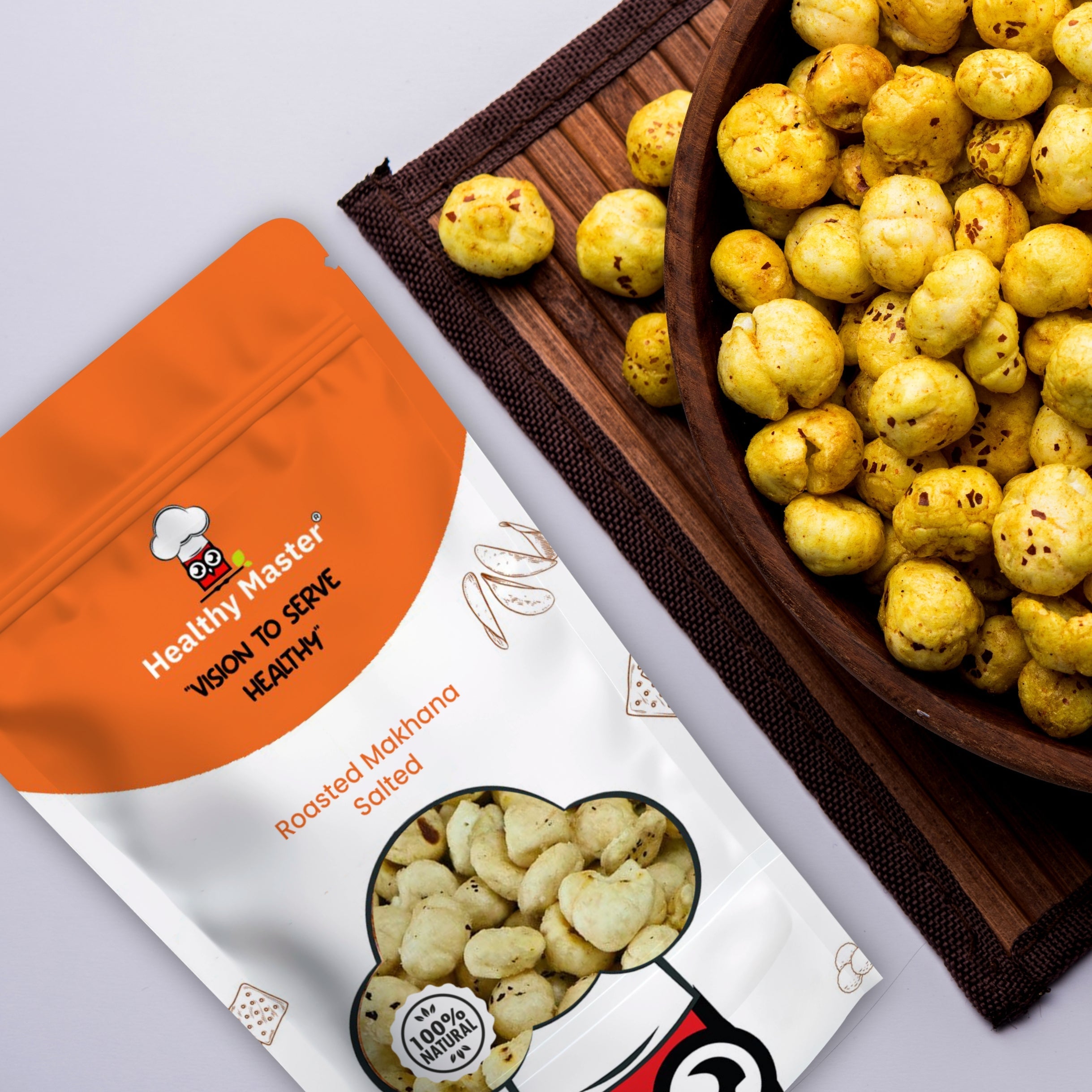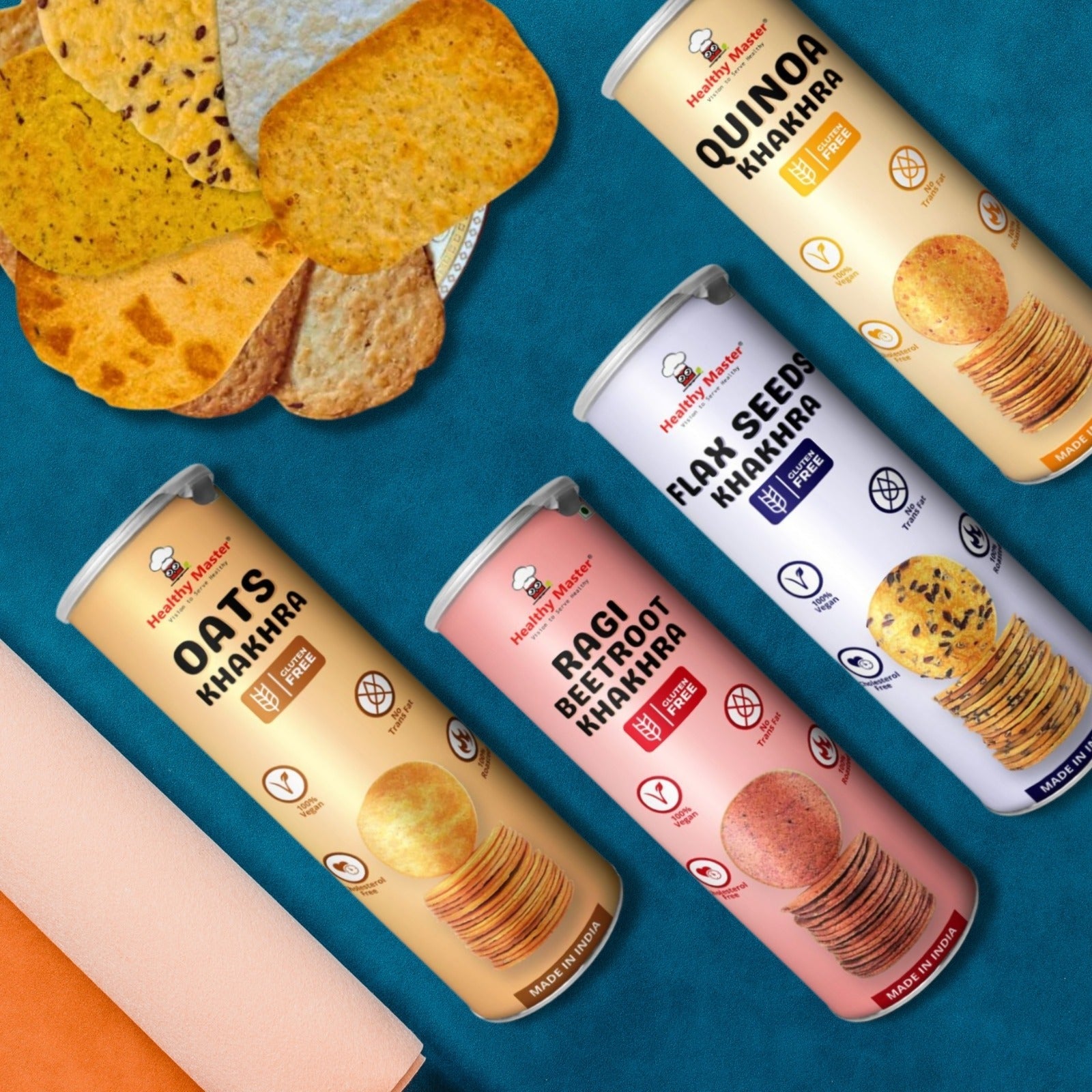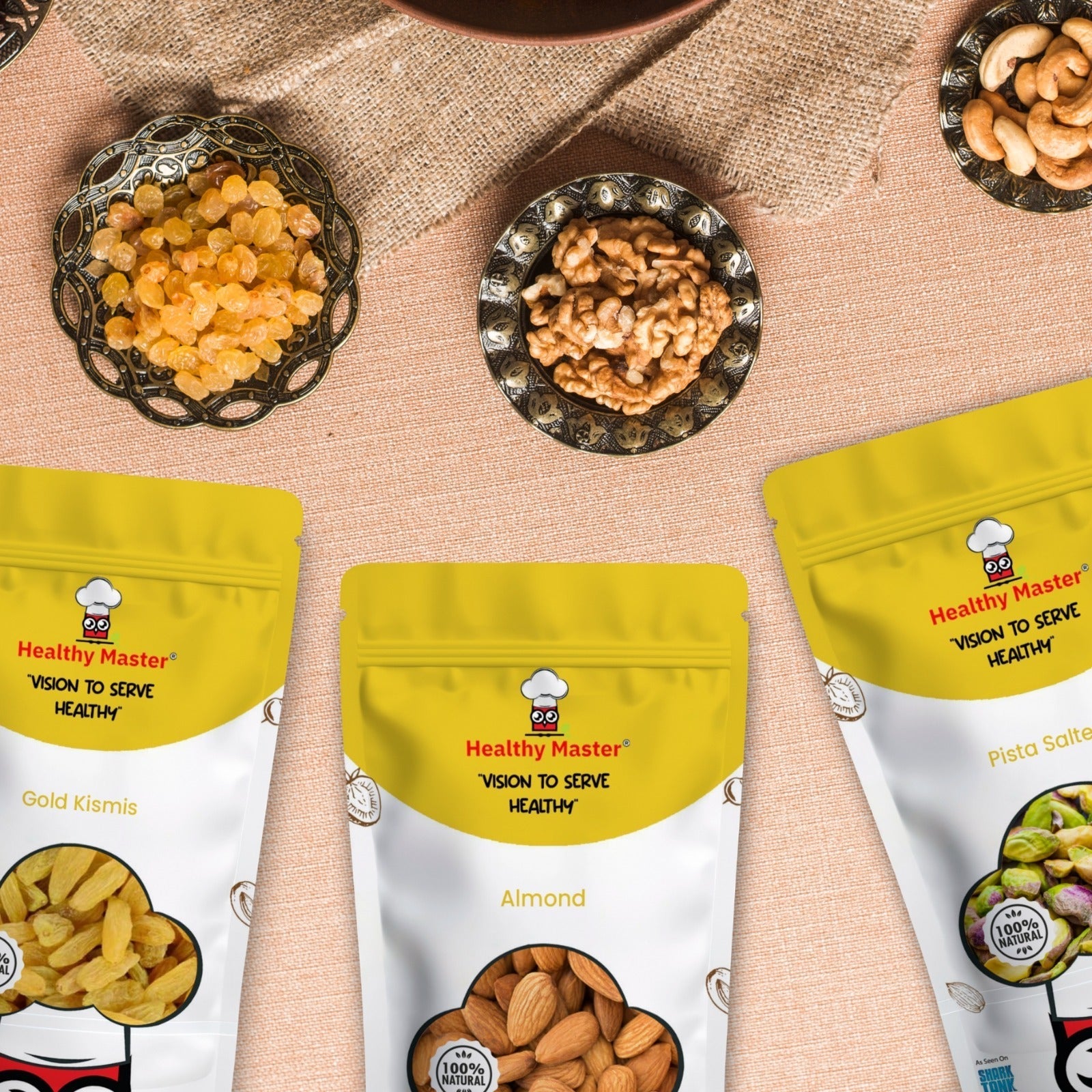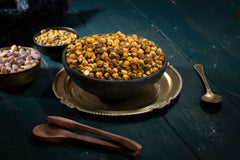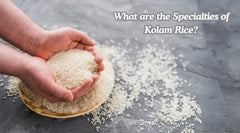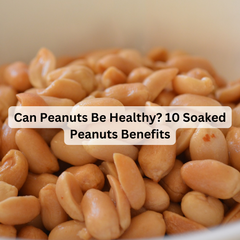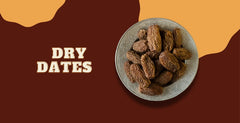The difference between jaggery and sugar has fueled innumerable kitchen arguments at homes across the globe. Having worked for years to assist people in making healthier food options, I've seen this debate transform from ancient folklore to contemporary nutritional research.
Treading through any Indian marketplace, you'll see two separate sweeteners taking center stage on the shelves, sparkling white sugar crystals and weathered, golden brown jaggery blocks. Which one, though, should make it into your kitchen cabinet? The answer is not quite as straightforward as you'd imagine.
Working at Healthy Master for years, we've witnessed individuals struggle to grasp why one sweetener is superior to another. Today, we're taking a deep dive into this sweet conundrum to empower you to make an informed decision for your family's well-being.
What is Sugar?
Sugar, in its most ubiquitous state, is what we refer to as refined white sugar, those small, white crystals that melt so quickly in your breakfast cup of tea. This sweetener is derived largely from two plants: sugarcane (approximately 80% of world production) and sugar beets.
The process from plant to your sugar bowl is intensive chemical processing. Juice is first extracted from sugarcane or sugar beets, then heated and treated with lime and carbon dioxide. It is crystallized, filtered, and bleached with chemicals such as sulfur dioxide or phosphoric acid in several cycles.
What remains is pure sucrose, basically 99.9% sugar with the rest taken away. This process produces those flawless white crystals we know, but it takes away virtually all nutrients that were present in the original plant.
You can find refined sugar in myriad forms: granulated for baking, powdered for icings, brown sugar (white sugar with molasses restored to it), and some specialty sugars. They each have different uses in the kitchen, but nutritionally, they are very much alike.
What is Jaggery?
Jaggery, or "gur" in Hindi, is a sweetener in its simplest, most traditional form. This unprocessed sweetener has been sustaining families throughout Asia, Africa, and Latin America for thousands of years.
Unlike its processed cousin, jaggery is derived mostly from sugarcane juice, although palm sap types are found along coastal areas. Production is as different from sugar production as can be; it's elegantly simple and chemical-free.
Raw sugarcane juice is boiled in open, large containers while being stirred constantly. As it boils, water evaporates and the juice thickens and darkens gradually to its familiar golden to deep brown color. The thickened liquid is then transferred to molds and allowed to cool and solidify.
This old-fashioned process retains most nutrients naturally found in sugarcane. The payoff? A dark, slightly tacky sweetener with multifaceted flavors that go from caramel sweetness to earthy undertones. Unlike sugar's sleek appearance, jaggery is speckled with diversity, ranging from color, texture, to taste, depending on the type of sugarcane and processing method.
Key Differences Between Jaggery and Sugar
-
Processing Method
The difference between sugar and jaggery starts with how they're made. Sugar undergoes extensive chemical refinement, while jaggery follows age-old traditional methods without any chemical intervention.
Sugar manufacturing takes several steps: crushing, juice extracting, chemical clarification, concentration, crystallization, centrifugation, and final bleaching. This process of industry washes out impurities, but also wipes out useful substances.
Jaggery manufacture, on the other hand, entails mere boiling and evaporation. No chemicals, no bleaching agents, no sophisticated machinery, just heat and time for natural concentration to take place.
-
Nutritional Comparison
Here's where the jaggery vs sugar debate gets interesting:
|
Nutrient (per 100g) |
White Sugar |
Jaggery |
|
Calories |
387 |
383 |
|
Carbohydrates |
99.8g |
95g |
|
Iron |
0.01mg |
11mg |
|
Magnesium |
0mg |
70-90mg |
|
Potassium |
2mg |
1056mg |
|
Calcium |
1mg |
40-100mg |
|
Phosphorus |
0mg |
20-90mg |
|
Vitamin C |
0mg |
7-10mg |
|
Antioxidants |
Negligible |
Moderate |
This comparison reveals why nutritionists often favor jaggery; it provides similar calories but delivers actual nutrients your body can use.
-
Taste and Texture
How are sugar and jaggery different in their texture experience? Sugar provides simple, one-note sweetness that dissolves, leaving no aftertaste.
Jaggery introduces complexity, early sweetness yielding dry, earthy, molasses-like flavors. Texture varies from soft and chewy to hard and crystalline depending on cooking techniques and storage conditions. At Healthy Master, we have powdered jaggery, making it ideal, easy, and versatile for usage.
-
Color and Appearance
Sugar's pure white color is due to bleaching treatments that eliminate all natural pigments. Jaggery's golden to dark brown coloration is a result of natural caramelization and residual plant compounds.
-
Shelf Life
Sugar takes the longevity prize hands down. White sugar stored under proper conditions has an indefinite shelf life since its purified state inhibits bacterial growth.
Jaggery remains fresh for 8-12 months when well stored, although it might form white spots (natural sugar bloom) or absorb moisture owing to its unrefined composition.
-
Cooking and Ayurvedic Use
In cooking, jaggery has several roles beyond sweetener. It's utilized in salty foods to balance, in preserves for natural preservation, and in festival sweets for cultural importance.
Ayurvedic rituals have traditionally valued jaggery's heating tendencies, suggesting it for use in winter and for purposes of gastrointestinal support. Sugar, being a newcomer to indigenous medicine systems, does not share this long-standing therapeutic history.
Also read about: What is Karuppati (Palm Jaggery)?
Health Benefits of Jaggery Over Sugar
Rich in Minerals and Antioxidants
Is jaggery nutritionally superior to sugar? Mineral content makes for interesting reading. Jaggery is rich in iron (prevents anemia), magnesium (protects cardiovascular health), and potassium (manages blood pressure).
These aren't extracted and artificially added; they are naturally present compounds that are retained through traditional treatment. Jaggery contains antioxidants in the form of phenolic compounds, which fight oxidative stress within your body.
Detoxification Benefits
Ancient medicine attributes cleansing to jaggery. Although scientific study still investigates these allegations, the mineral content of jaggery does enhance liver function and can contribute to natural detox processes.
Its iron content is especially helpful to individuals suffering from iron-deficiency anemia, supplying a more readily bioavailable source than most supplements.
Support for Digestion and Immune Function
Jaggery stimulates digestive enzymes, perhaps enhancing nutrient absorption. Digestion is reportedly improved by many when substituting sugar with modest quantities of jaggery.
Mineral content, especially zinc and selenium, aids immune function. During the changing of seasons, in traditional practice, consumption of jaggery is suggested to ensure resistance to common colds and infections.
Winter Wellness
Ayurvedic philosophy categorizes jaggery as a warming food that is best during cold seasons. In contrast to the cooling nature of sugar, jaggery can prevent body temperature and energy from diminishing during winters.
Side Effects and Limitations
Caloric Considerations
Don't be fooled by jaggery's health advantages into overindulgence. The calorie difference between jaggery and sugar is negligible; they are both calorie-rich sweeteners.
Overuse of jaggery can lead to weight gain, dental issues, and blood sugar peaks just like sugar. The secret is moderation, not replacement in equal amounts.
Diabetic Considerations
Diabetics require professional advice before substituting jaggery for sugar. Although jaggery possesses a marginally lower glycemic index than white sugar, it still has a very noticeable effect on blood glucose levels.
Mineral composition negates neither the sugar content of jaggery; diabetics must handle it with the same reservation as any concentrated sweetener.
Quality Concerns
Not all jaggery is alike. Some commercial jaggery is processed to destroy nutritional value. And improper storage can cause contamination or fermentation.
Is Jaggery Better Than Sugar?
According to research, jaggery does have some nutritional benefits over refined sugar. But "better" is a matter of your individual health priorities and usage.
For people who want to boost mineral consumption while indulging in sweet foods, jaggery contains more nutrition per calorie. Eating it traditionally helps maintain healthy compounds that are lost when sugar undergoes industrial refining.
Yet, jaggery is not a health food; it is still a concentrated sweetener and should be enjoyed rationally. The best strategy is to reduce overall use of sweeteners while eating nutrient-dense sweet foods when you do, and enjoy foods with natural sweeteners.
For those switching from sugar to jaggery powder is a step in the direction of foods with higher nutritional integrity. But do keep in mind, anything over a limit is harmful; even the best sweetener is an issue in too much quantity.
Conclusion
The difference between sugar and jaggery goes far beyond the process; it is a difference in philosophies regarding food and health. Where sugar focuses on shelf-life and uniform sweetness, jaggery provides nutritional depth and ancient knowledge.
Neither sweetener should dominate your diet, but when choosing between them, jaggery's mineral content and antioxidant properties make it the more nutritious option. The key to healthy living isn't finding the perfect sweetener; it's developing a balanced relationship with all foods, including sweets.
At Healthy Master, we want to empower you with information to make your own well-informed choices. Whether you decide on sugar, jaggery, or natural sweeteners such as dates and honey, moderation is still the key to healthy eating.
Ready to try healthier sweetening alternatives? Look through our collection of unprocessed millet snacks that add nutrition and taste to your kitchen. Because every healthy decision, no matter how tiny, adds to your family's health.
Frequently Asked Questions
-
Is jaggery healthier than sugar?
Yes, jaggery is generally healthier than refined sugar due to its mineral content, including iron, magnesium, and potassium. However, both are high-calorie sweeteners that should be consumed in moderation.
-
Can diabetics consume jaggery instead of sugar?
Diabetics should consult healthcare providers before switching to jaggery. While it has a slightly lower glycemic index than sugar, jaggery still significantly affects blood glucose levels and isn't necessarily safer for diabetics.
-
Why is jaggery used in Ayurveda?
Ayurveda values jaggery for its warming properties, digestive benefits, and mineral content. Traditional medicine considers it beneficial for respiratory health, digestion, and maintaining energy during cold weather.
-
Does jaggery help in weight loss?
Jaggery doesn't directly promote weight loss; it contains similar calories to sugar. However, its mineral content might support metabolic processes, and some people find its complex flavor more satisfying in smaller amounts.
-
Which is better for kids, sugar or jaggery?
Jaggery provides more nutrients than sugar, making it a better choice for children when sweeteners are necessary. However, limiting overall sweetener consumption remains the most important thing for children's health.
-
Is brown sugar the same as jaggery?
No, brown sugar is typically white sugar with molasses added back, while jaggery is unrefined concentrated sugarcane juice. Jaggery retains more original nutrients and undergoes minimal processing compared to brown sugar.
 Deal of the week : Trial Snack Box - 18 Wholesome Delights Just at ₹ 899.00
Deal of the week : Trial Snack Box - 18 Wholesome Delights Just at ₹ 899.00


